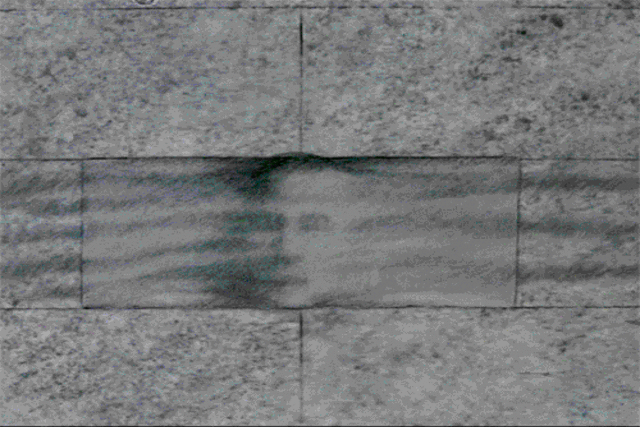Lord777
Professional
- Messages
- 2,578
- Reaction score
- 1,532
- Points
- 113
Caarders with high IQs are more likely to experience medical conditions such as depression, bipolar disorder, and attention deficit hyperactivity disorder. In addition, there are more allergy and asthma sufferers among them. Possible reasons for this relationship are discussed in a new study published in the journal Intelligence. Its authors studied the data of more than 3 thousand members of the American society Mensa, which includes people who passed the IQ test better than 98% of the population. They then compared them with national survey figures. It turned out that among intellectuals, autism spectrum disorder is 20% more common, attention deficit hyperactivity disorder is 80% more common, and anxiety is 83% more common. In addition, the likelihood of any affective disorder in their case rises almost threefold.
To understand how the level of intelligence is related to health, it is necessary to resort to psychoneuroimmunology (the science that studies how the body's nervous system interacts with the immune system). The researchers note that people with high IQs are prone to "excessive intellectual excitability" and increased nervous system reactivity. On the one hand, it enhances our creativity as we look at the world more closely. But on the other hand, these same qualities can lead to depression and a weak psyche. This is especially true for writers, poets and, in principle, people who have a well-developed verbal intelligence. They often react emotionally to what is happening, which feeds their tendency to worry and obsessive thoughts. And from here it is already close to depression and anxiety disorder.
Researchers believe that strong psychological reactions can affect immunity as well. If a person has increased nervous excitability, then he can violently respond to seemingly harmless external stimuli, such as an interfering clothing tag or some sound. Over time, this reaction is transformed into a slight chronic stress - accordingly, the immune system launches a response program of actions.
If our body believes that it is in danger (and it does not matter if it is real or not), it takes protective measures and for this it uses a huge amount of hormones and neurotransmitters. If these processes occur constantly, it can change our body and brain, weaken the immune system and lead to diseases such as asthma and allergies. Be that as it may, the authors of the study believe that the relationship between intelligence and human health requires further study; special attention should be paid to the negative aspects that accompany a high IQ.
To understand how the level of intelligence is related to health, it is necessary to resort to psychoneuroimmunology (the science that studies how the body's nervous system interacts with the immune system). The researchers note that people with high IQs are prone to "excessive intellectual excitability" and increased nervous system reactivity. On the one hand, it enhances our creativity as we look at the world more closely. But on the other hand, these same qualities can lead to depression and a weak psyche. This is especially true for writers, poets and, in principle, people who have a well-developed verbal intelligence. They often react emotionally to what is happening, which feeds their tendency to worry and obsessive thoughts. And from here it is already close to depression and anxiety disorder.
Among intellectuals, autism spectrum disorder is 20% more common, attention deficit hyperactivity disorder is 80% more common, and anxiety is 83% more common.
Researchers believe that strong psychological reactions can affect immunity as well. If a person has increased nervous excitability, then he can violently respond to seemingly harmless external stimuli, such as an interfering clothing tag or some sound. Over time, this reaction is transformed into a slight chronic stress - accordingly, the immune system launches a response program of actions.
If our body believes that it is in danger (and it does not matter if it is real or not), it takes protective measures and for this it uses a huge amount of hormones and neurotransmitters. If these processes occur constantly, it can change our body and brain, weaken the immune system and lead to diseases such as asthma and allergies. Be that as it may, the authors of the study believe that the relationship between intelligence and human health requires further study; special attention should be paid to the negative aspects that accompany a high IQ.

